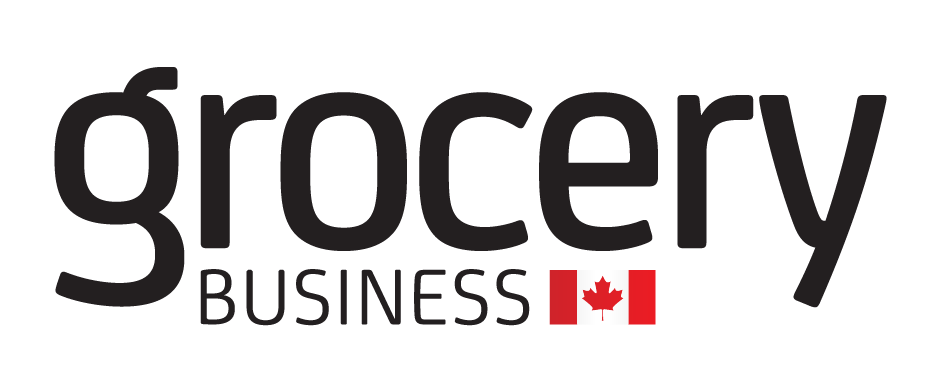
By Stewart Samuel
Generative Artificial Intelligence (AI) has emerged as a groundbreaking technology due to its democratized nature and its ability to generate new content. While it is revolutionising various industries, its potential in grocery retail is particularly compelling.
Multiple applications
With their ability to understand and generate human-like text, ChatGPT and similar tools can assist retailers and CPG companies in various ways. They can help answer customer queries, offer product recommendations, provide personalized shopping experiences, and generate content for marketing materials. Generative AI models can also analyse historical sales data, market trends, and external factors to assist in demand forecasting. By understanding complex patterns and relationships, these models can provide more accurate predictions, enabling better inventory management and minimising out-of-stocks.
By integrating the technology into their operations, retailers and their suppliers can enhance customer engagement, streamline support processes, and gain valuable insights into consumer preferences and trends.
Carrefour: customer service at scale
In France, Carrefour used generative AI technology to develop a conversational robot, which showcases the potential of the technology to enhance customer service and create personalized experiences. Carrefour created a video generated by AI to illustrate this capability. It features the robot responding to food-related inquiries; answers are generated by ChatGPT and communicated through a virtual character. Data and innovation teams are actively exploring additional use cases for ChatGPT and generative AI.
Albert Heijn: recipe scanner
Albert Heijn’s new AI start-up, Gene AI Labs, was developed to test ideas at a rapid pace. The first product to go live is The Recipe Scanner. Users snap a photo of any recipe, and its generative AI technology translates the ingredients into Albert Heijn products, automatically adding them to a shopping list. The scanner can distinguish between various ingredients like tomatoes and diced tomatoes, and adjusts quantities based on the number of people eating. The company is also rolling out its own AH GPT platform, empowering its head office colleagues to securely leverage this technology.
Newegg: summarising product reviews
US-based e-commerce retailer Newegg is using ChatGPT to summarize customer reviews, creating summaries known as Review Bytes. Previously, shoppers relied on average product ratings to gauge customer sentiment. Using ChatGPT, Newegg extracts key terms and phrases to generate concise synopses that highlight owners’ likes and dislikes of each product, helping shoppers understand key aspects without having to read reviews. Additionally, a comprehensive paragraph summary, called SummaryAI, provides further insights into customers’ opinions, with sentences to elaborate on key points. These enhancements are designed to speed up customer decision making.
Instacart: improving search
Instacart has introduced a plugin for ChatGPT to enhance the shopping experience for its users, enabling them to seamlessly shop for groceries while engaging in food- and recipe-related conversations. With the plugin, users can generate Instacart orders based on suggested meal responses. They can add all the required ingredients to their Instacart cart with just a few clicks.
With Ask Instacart, users can ask questions like “What kind of side dishes should I serve with lamb chops?” or “What fish is similar to salmon?” This feature helps them identify the necessary ingredients for a meal and consider any existing items they already have at home or dietary restrictions they need to accommodate. By enabling customers to express their needs in natural language and instantly convert them into shoppable actions, retailers can enhance the user experience and make the shopping process more convenient.
Dermalogica: upskilling skincare therapists
Unilever’s Dermalogica brand has created a ChatGPT version of its skin-care treatment manual. “Dermalogica: The Book” integrates a chatbot-like AI function. This allows therapists to ask questions to educate themselves about the brand’s products, applications and salon setup. The company is also using AI to write job descriptions, coding and translating content. It plans to use generative AI to optimize conversion and navigation on its website. This highlights the potential of generative AI in facilitating continuous learning and improving the expertise of employees in various industries. Unilever’s adoption of AI for writing job descriptions, coding, and translating content showcases the efficiency gains generative AI can bring to administrative tasks.
Looking ahead
As generative AI infiltrates the grocery industry, its transformative impact is undeniable. But the use of AI-generated content or personalised experiences may evoke mixed reactions from customers. It is essential to monitor customer feedback, address concerns, and maintain transparency.
Stewart Samuel is Director of Retail Futures at IGD

